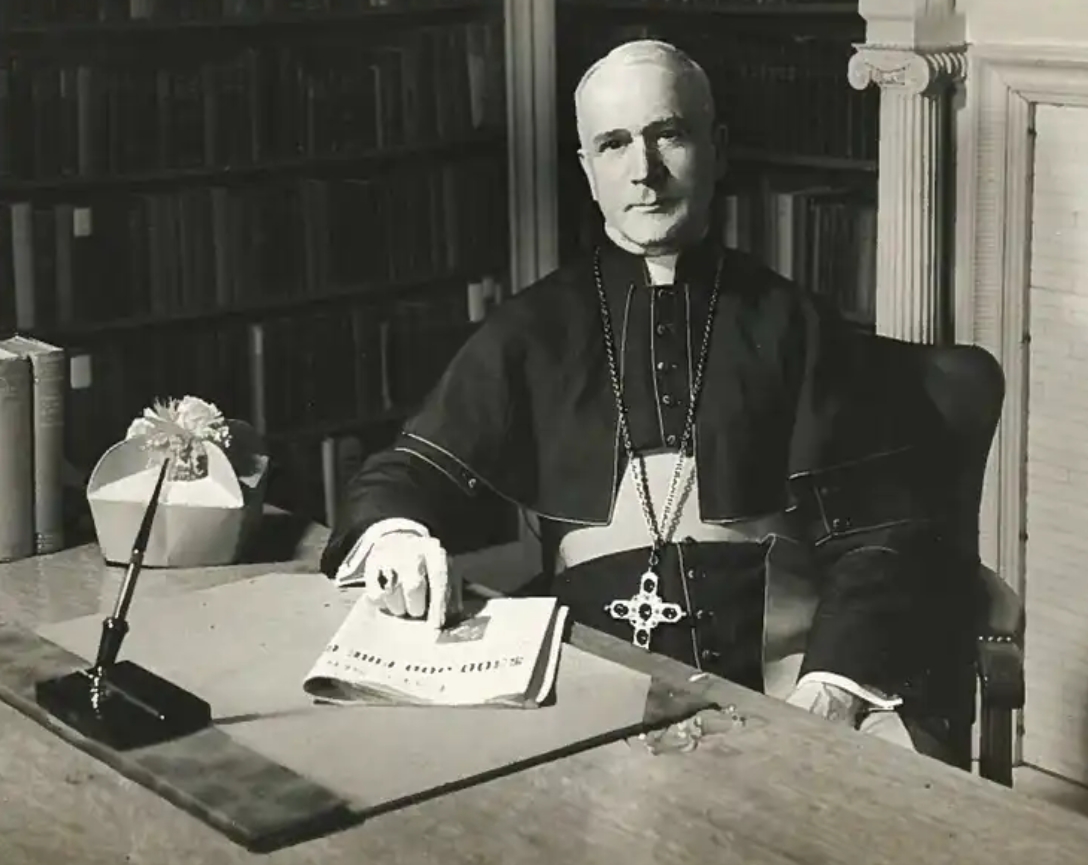Gannon University faculty in the College of Humanities, Education and Social Sciences are finding reasons to do reading assignments similar to the ones they assign.
One of these reasons is the CHESS Book Club, which was organized by Linda Fleming, Ph.D., dean of CHESS, last year. Fleming invited faculty to join in reading “Make it Stick: The Science of Successful Learning,” by Peter C. Brown, when the club started.
Faculty who participated talked about what they already did in the classroom, Fleming said.
“People came in excited when they found they were using the model,” Fleming said. “Other people took an idea and tried it out in the classroom to see how it worked.”
One of these ideas was frequent assessment, instead of the typical three or four exams per semester. Fleming said one professor noticed students were more likely to ask questions and interrupt lecture with such a schedule.
Carol Hayes, an instructor in the English department, said she liked to hear what other people were doing when she joined the book club last year. She said she picked up the method of referencing previous lessons throughout the year, especially in her drama class.
“One of the things was to go over things lightly, instead of finishing something up and not talking about it again,” Hayes said.
“I would keep referencing throughout the semester to ‘Oedipus Rex,’ so by the end of the semester it’s just part of the language.”
Hayes said she liked “Make it Stick” because it gave ways to teach that went outside memorization and recall and encouraged giving challenging reading assignments.
“It gave me confidence [that] if I assign a reading that’s complex, if you tackle it and just make yourself do it, it stays with you,” Hayes said. “I might say it’s going to taste like medicine, but it’s good for you.”
This year, the club is reading “What the Best College Teachers Do,” by Ken Bain. Fleming said she discovered it at a dean’s conference and Bain’s ideas made her think.
“It challenged my ways of thinking about how you run a classroom and it gave me ideas I hadn’t thought of before,” Fleming said.
Interested faculty can join one of the sections beginning in the spring semester, which will feature a different book.
Jeanette Long, a second-year English graduate student and teaching assistant, said she would be interested in joining the club, and she believes it would benefit faculty to receive updated teaching methods.
“Anything that makes people better teachers appeals to me,” Long said.
Stephen Craig, also a graduate student in the English program, said he might be more interested in a fiction-based book club.
“I think it’s a good thing, just not something I’d have the time to do,” Craig said.
Other than the college meetings that CHESS holds each semester, Fleming said the book club is a another organized opportunity for faculty from different departments to meet and talk to each other.
“I think faculty will get some ideas about what they will try differently in the classroom,” Fleming said. “It’s an opportunity for faculty to talk about what they do, and help them do that better.”
The book club is also a way to build community between professors, she said.
“I need to create opportunities for colleagues to work together, and the book club is just a fun way of doing that,” Fleming said.
KELSEY GHERING
[email protected]








